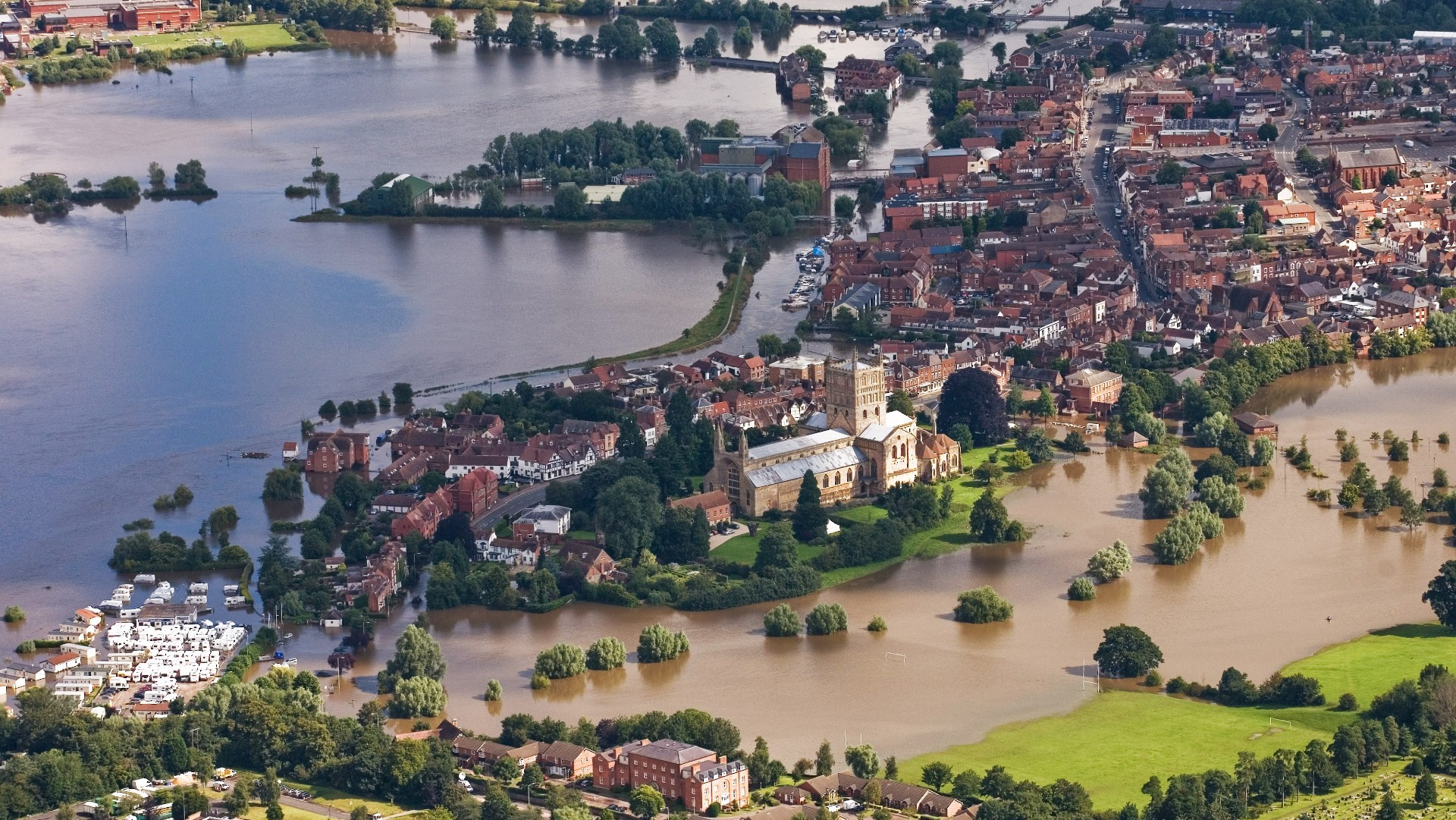UK braced for drought and floods at the same time
Prolonged dry spell to come to an end this week but 24 million people still face hosepipe ban

A free daily email with the biggest news stories of the day – and the best features from TheWeek.com
You are now subscribed
Your newsletter sign-up was successful
The UK is facing flash flooding and thunderstorms even as a hosepipe ban covering millions of people comes into effect to deal with widespread drought following a summer of extreme weather.
Large parts of the country have been suffering from a lack of rainfall following record temperatures that have led to a huge increase in fires, left crops devastated, rivers dangerously low and water shortages in in many areas.
According to the Met Office, southeast England has had 144 days with little or no rain since January, the longest dry period since the 1970s, said The Guardian.
The Week
Escape your echo chamber. Get the facts behind the news, plus analysis from multiple perspectives.

Sign up for The Week's Free Newsletters
From our morning news briefing to a weekly Good News Newsletter, get the best of The Week delivered directly to your inbox.
From our morning news briefing to a weekly Good News Newsletter, get the best of The Week delivered directly to your inbox.
On Friday the National Drought Group declared an official drought in eight areas of England, including Devon and Cornwall, Kent and south London, East Anglia and the East Midlands. A hosepipe ban has come into effect in Devon and Cornwall for the first time in almost 30 years, and is soon to be extended to cover around 24 million people across the country.
The prolonged dry spell may finally be coming to an end, however, with flash flooding and thunderstorms expected this week and temperatures to begin to drop from Wednesday. “Hail, frequent lightning and flash flooding” are all possible, said The Telegraph.
The Met Office issued a yellow thunderstorm alert for most of the UK on Monday, warning of transport disruption and power cuts. Some areas could receive around 50mm of rain in a three-hour period.
Yet while parts of the UK face being deluged with rain this week, “the downpours will not be enough to bring the drought to an end”, said The Times.
A free daily email with the biggest news stories of the day – and the best features from TheWeek.com
In fact, said The Guardian, “for parts of southern England, above average rainfall would be needed consistently every month until November in order to combat dry conditions”.
Christine Colvin, of the Rivers Trust, told the Daily Express: “Just because it rains, it doesn’t mean the drought is over. It seems very counterintuitive, but it’s going to take sustained rain to replenish the aquifers and reservoirs.”